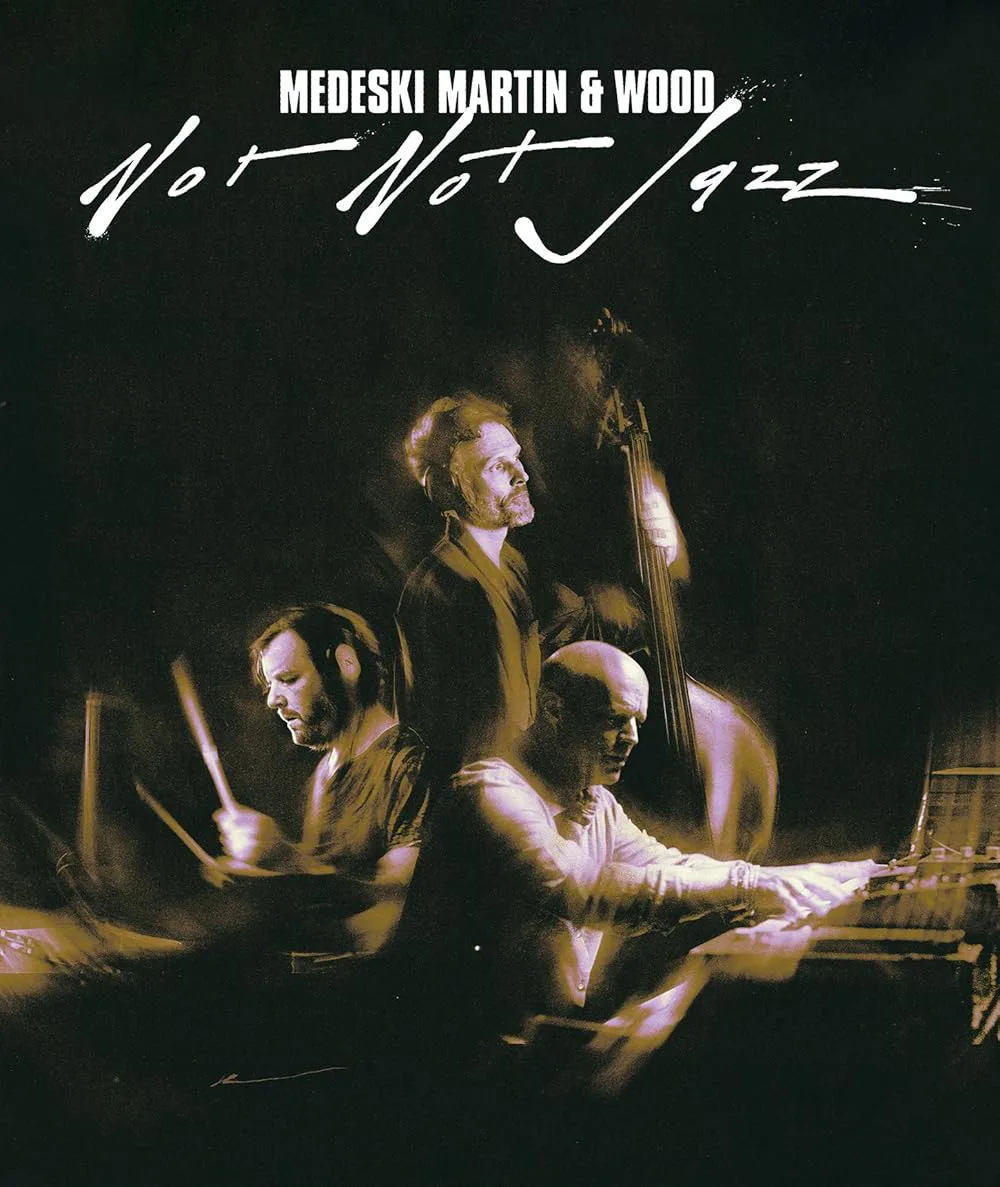It is a delight to see the range of Joseph Gordon-Levitt onscreen again as he eases his way back into movies and TV, and a disappointment that it’s in a show as wayward, muddled, and misconceived as Apple TV+’s “Mr. Corman.”
Written, directed, produced by, and starring Gordon-Levitt, “Mr. Corman” is an unwieldy, inconsistent show that sometimes clicks together as a result of its big creative swings, but mostly suffers because of their irregularity. There are animated sequences, and song-and-dance numbers, and a subplot about following your dreams, and another subplot about parental trauma, and finally a couple-episode arc about our changed lives during the COVID-19 pandemic, but very little of it coalesces into something insightful, or even into something whole. It’s not dark enough or funny enough, or meaningful enough or irreverent enough. And even with a generous 10 episodes, “Mr. Corman” never seems to quite know what it wants to say.
“Mr. Corman” follows the titular Josh Corman, a 30something Los Angeles native and fifth-grade teacher. In his prior life, he was part of an indie electronic band with ex-fiancée Megan (Juno Temple), and has struggled to move on in the year since they broke up. He lives with longtime friend Victor (Arturo Castro), and in premiere episode “Good Luck,” realizes that he wants to invigorate his life. Maybe he needs to date again, or maybe he needs to start playing music again. Whatever it is, something needs to change.
It’s difficult, though, when plagued by crippling anxiety, which Josh experiences as the vision of a fiery meteor hurtling through the air toward him. Caused by his problematic childhood and abusive father, caused by his own disappointment over quitting the music industry, caused by his lingering resentments toward Megan—the meteor grows larger and larger. And when the COVID-19 pandemic arrives, Josh’s frustrations and paranoia shift into higher gear, threatening to further alienate him from Victor, his mother Ruth (Debra Winger), and his sister Beth (Shannon Woodward). Can Josh get out of his own head?

From the beginning, “Mr. Corman” suffers from Josh operating as an array of quirks and complaints rather than a recognizable personality, and Gordon-Levitt—despite making the character!—never makes it his own. As an elementary school teacher and aspiring musician, Gordon-Levitt can channel warmth and creativity, but when the character switches to being a grump who complains about dating and his daddy issues and lives under a thundercloud of malaise, you won’t buy it. Some of the supporting actors, including the likable Castro and effervescent Temple, spark well against Gordon-Levitt and help smooth his character’s unbelievable edges, but others (like Winger and Hugo Weaving) seem like they’re in different shows altogether.
Also: Could TV shows stop attempting to tackle the millennial experience when they have nothing revelatory to say about it? “Mr. Corman” centers Josh at the middle of one millennial ritual per episode—a one-night stand after meeting at a bar, a road trip with Ruth, a conversation between Josh and Beth about their different religious beliefs, a fight with health care companies and collection agencies—but they all follow a tedious rhythm in which everyone talks at Josh about his feelings, but he never volunteers them himself. Practically every conversation Josh has involves the other person bemoaning his cynicism and pessimism, but that dynamic gets old fast when Josh as a character seems like an amalgamation of Twitter cliches about 30somethings. A flaw of Gordon-Levitt’s performance is that his emotions and the show’s dialogue never seem in sync: sometimes he’s too venomous for innocuous lines; sometimes he’s too subdued for particularly cruel jabs. The show doesn’t stick to Josh as a misunderstood nice guy or Josh as a low-key asshole, instead jumping between those identities and failing to establish the central character as someone we’re supposed to at least somewhat care about.
Those diverging world views would already be a lot to tackle. But “Mr. Corman” also adds in aggressively twee animated flourishes, whirls Gordon-Levitt around a couple of songs, wastes time with an incredibly facile parallel-universe standalone episode, and builds up to a final-episode reveal that hangs all of Josh’s issues on his white privilege. A noticeable pattern is that nearly every person who criticizes Josh’s woe-is-me attitude is a person of color, most incisively the Korean American Emily (Jamie Chung). In a scene that “Mr. Corman” clearly thinks is allyship, Emily makes a broad generalization about Josh’s response to the COVID-19 pandemic that is not just staggeringly dismissive, but also disrespectful to the people of color for whom the show thinks Emily is speaking.
Yes, other people have problems, and Josh’s myopia clouds his ability to see the perspective of others. But it’s not like “Mr. Corman” builds out those other people to allow them to exist on their own terms, either. Aside from a single episode focused on Victor (which still uses the show’s “girl or young woman checks an adult man on his privilege” methodology), “Mr. Corman” makes its protagonist woebegone and its female and POC characters into scolds. “The way you see the world, Josh, is the only way it could possibly ever exist,” someone complains, but the problem with “Mr. Corman” is that the perspective of its protagonist doesn’t amount to much.
First season screened for review. “Mr. Corman” premieres on Apple TV+ on August 6.












